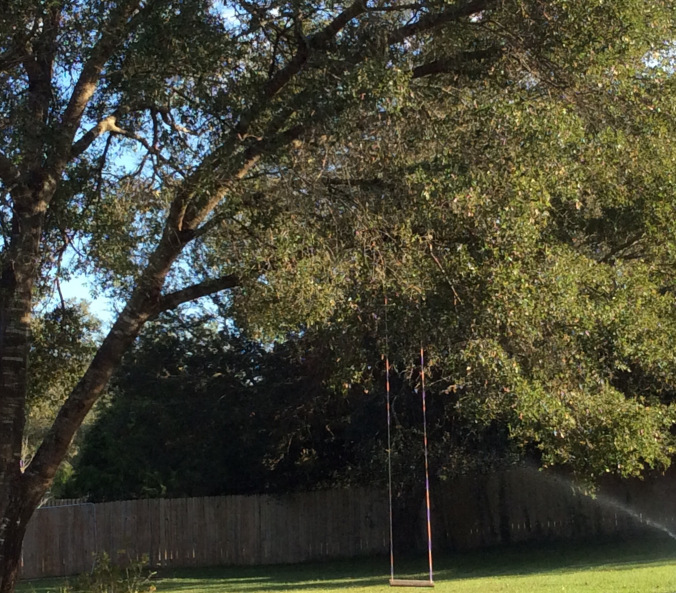 To enter into the stillness of God and to attend to the silence of God requires patience. God is not a Labrador retriever who comes when we call. God is like the rain that comes when it will, whether the grass is green or the crops are failing. While it is true that, as Jesus said, if we ask it will be given and if we seek we will find and if we knock the door will be opened (Matthew 7:7-8), but the timing of the giving, the finding, and the opening is not supplied to us. That it will happen is guaranteed, but the when of that event is not determined by the one who asks. Rather, it is in the hands of the One who gives, reveals and opens.
To enter into the stillness of God and to attend to the silence of God requires patience. God is not a Labrador retriever who comes when we call. God is like the rain that comes when it will, whether the grass is green or the crops are failing. While it is true that, as Jesus said, if we ask it will be given and if we seek we will find and if we knock the door will be opened (Matthew 7:7-8), but the timing of the giving, the finding, and the opening is not supplied to us. That it will happen is guaranteed, but the when of that event is not determined by the one who asks. Rather, it is in the hands of the One who gives, reveals and opens.
This is at least part of the meaning of Psalm 40:1, “I waited patiently for the Lord; he turned to me and heard my cry.” So, too, the words of 2 Peter 3:8-9, which address the timing of the parousia, are relevant to this discussion:
But do not forget this one thing, dear friends: With the Lord a day is like a thousand years, and a thousand years are like a day. The Lord is not slow in keeping his promise, as some understand slowness. Instead he is patient with you, not wanting anyone to perish, but everyone to come to repentance.
It is actually the patience of God that causes the delay here, motivated by the love of God over repentant human lives. This reminds us that the distance of God, whether measured in space or time, aims to stir us up toward repentance. The meaning of repentance is richer than simply asking forgiveness from sins, or even turning away from sin. The Hebrew word for repentance is shuv, which throughout the Hebrew Bible means to return relationally to God (Hosea 14:1-3; Zephaniah 2:1-3). The distance of God, even the apparent hiddenness of God — those times when God seems to play hide-and-seek with us — is intended to make us long for God even more. It is a longing that should grip us to the point where our souls are dehydrated with longing for our God. This is the thrust of Psalm 42:1-2:
As the deer pants for streams of water,
so my soul pants for you, my God.
My soul thirsts for God, for the living God.
When can I go and meet with God?
“Clouds and thick darkness surround him” (Psalm 97:2) not in order to keep us away but in order to incite our desire for Him even more. It is a desire marked by fervent longing that is evident throughout the Psalms (e.g., 42, 63), but it is also more than that.
It is the naivety and dependence witnessed in a child (Psalm 131; Luke 18:15-17). This desire is the last chance of desperation by those who are sick and in need (2 Kings 5; Luke 8:40-56; 17:11-19; 18:35-43). Nothing and no one else can satisfy this desire. It is the desire that keeps us awake at night, singing songs of longing for God (Psalm 77). It is the desire that sends shivers of regret through our souls over the sin and brokenness clinging to us (Psalm 51, 80). This longing burns brighter and stronger, making even the smallest taste of God more satisfying than all other goods or pursuits in life (Psalm 84:1-2, 10). We are spurred on by the promise of God’s glorious presence ahead of us:
You make known to me the path of life;
you will fill me with joy in your presence,
with eternal pleasures at your right hand.
It is this longing that sets us on a journey with a focused destination. As in the Psalms of Ascent, we are spurred on from faraway lands to return to the center of all our hopes and joys, which are only satisfied in a holy, loving God. All the distance, all the stillness, all the silence cannot hold us back from giving all for the sake of that holy pursuit.
Share this:




